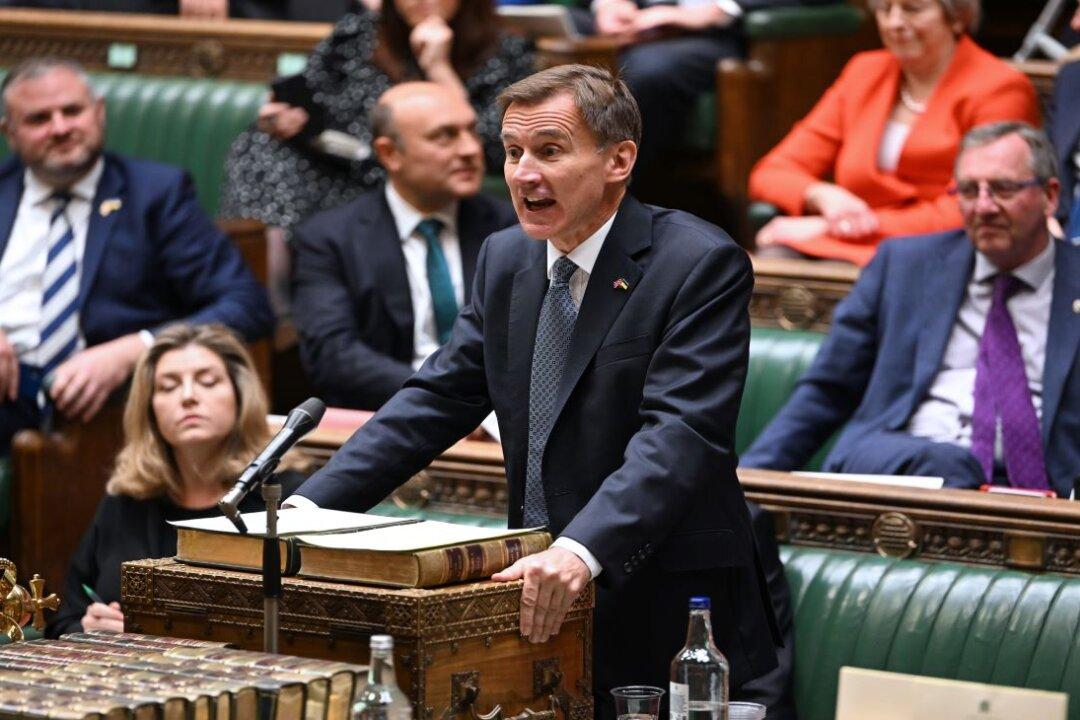The UK’s Chancellor of the Exchequer, Jeremy Hunt, has defended his decision to raise £25 billion ($30 billion) by raising taxes amid claims by some economists that it would hurt middle-income earners, the so-called “squeezed middle.”
Hunt was criticised by former Business Secretary Jacob Rees-Mogg, who said he had taken the “easy option” and should have reduced public spending more, rather than raise taxes.





